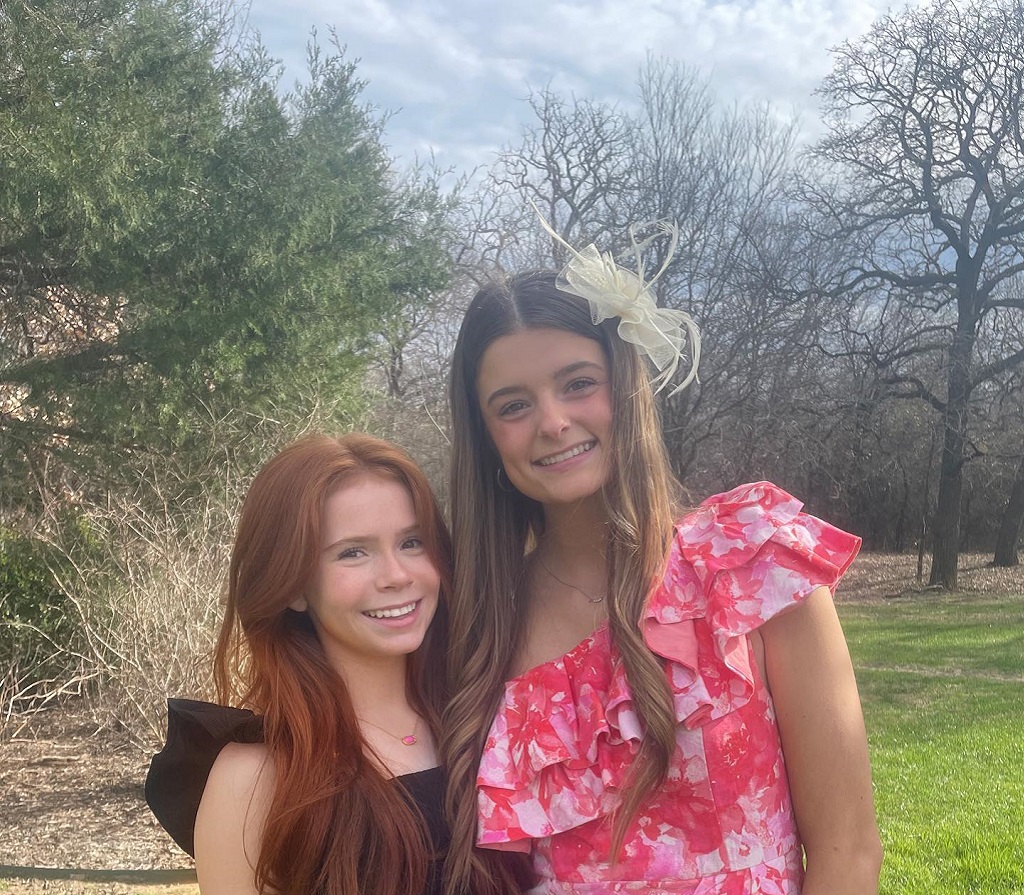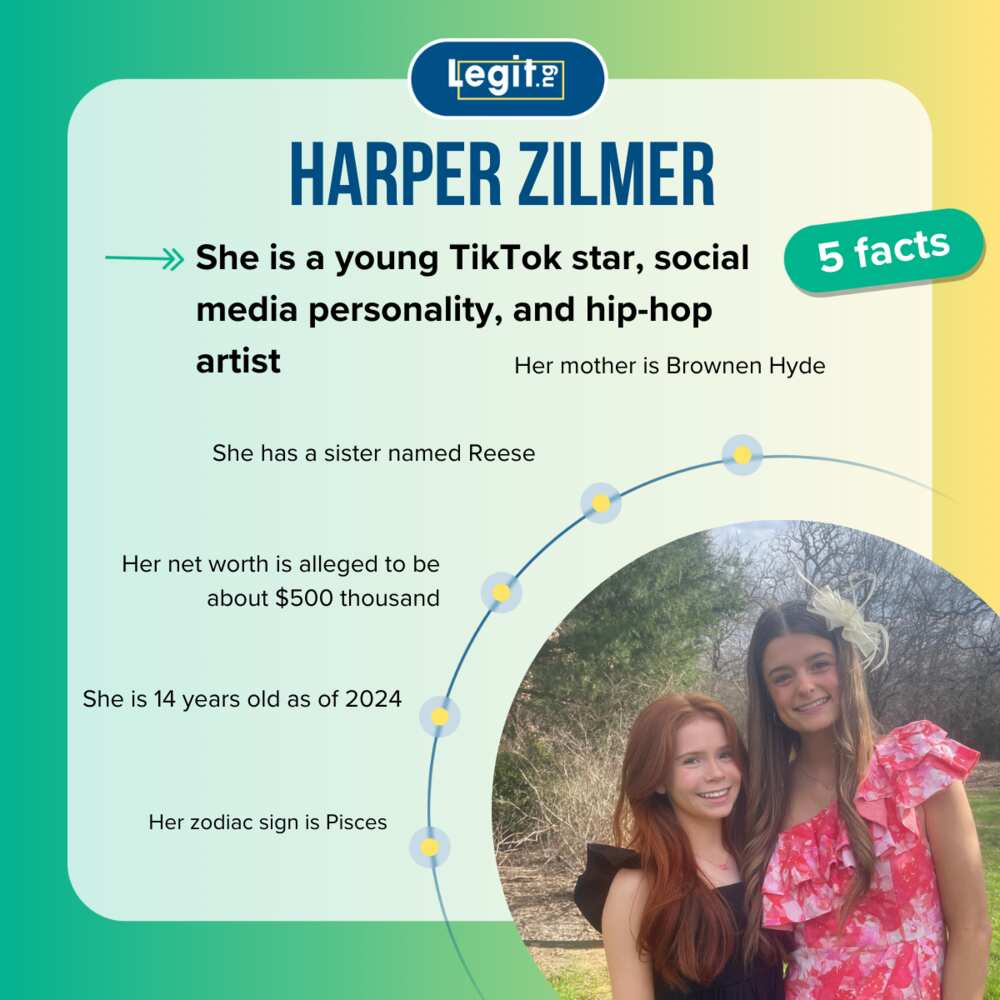Has the digital world turned on Harper Zilmer, and if so, why? The recent controversy surrounding the young influencer paints a picture of a rapidly shifting online landscape, where a single misstep can ignite a firestorm of criticism, potentially leading to career-altering consequences.
The name "Harper Zilmer" has been echoing across social media platforms, particularly on YouTube and TikTok, sparking a heated debate. The core of the issue revolves around an apology video and a series of controversial remarks that have drawn significant attention. The fallout has been swift and multifaceted, prompting widespread discussions about accountability, the power of online communities, and the challenges faced by young content creators in the digital age.
The unfolding narrative is complex, involving allegations of inappropriate behavior, concerns about the welfare of a minor, and a broader conversation about the responsibilities of adult influencers. One of the primary catalysts appears to be Zilmer's involvement with the "LOL Podcast," a platform that has been heavily scrutinized for its content and the dynamics between its hosts. Public perception, judging from the comments flooding social media, is that the environment created is, at best, inappropriate and, at worst, potentially predatory. The age gap between some of the hosts and Zilmer, a minor, has intensified the scrutiny.
The situation gained further traction when another content creator, Lei Lei, directly addressed Harper Zilmer's actions and language. Lei Lei's criticisms added a layer of complexity to the situation, drawing in various communities and perspectives on the matter.
The controversy has also touched upon Zilmer's personal life, specifically her presence on TikTok. It seems she has faced a barrage of hate comments, and struggles to remain authentic while coping with the negativity. This has led many to question the overall impact of online scrutiny on an individual's well-being.
As the story unfolds, it becomes evident that the controversy extends beyond individual actions. The situation also touches upon broader issues, like the power of social media to amplify voices, the impact of online "cancel culture," and the role of influencers in shaping public opinion. The disappearance of Harper Zilmer, though unconfirmed by official sources, has only fueled the speculation and controversy. Her absence from the public eye has triggered rumours about hospitalization, a stark reminder of the potential consequences of online pressure.
The context of the controversy is also provided in an Arabic language video, as seen on TikTok. While the translation of that content will be important in understanding the whole picture, the existing data suggests that the event has achieved a worldwide viewership.
The internet's collective response to Harper Zilmer's actions has been severe, which is to be expected. Given the extent of the critical reaction and the seriousness of the alleged behavior, the consequences could be significant. There is also concern regarding the content of "LOL Podcast," which is considered by many as grooming and inappropriate due to the presence of adult men and a minor who is not even of legal driving age.
The term "Harper Zilmer controversy" has become a widely searched term. The impact of the cancellation of a creator on social media has been discussed. The event can be classified as "social media controversy." Lei Lei's response to the controversy has added fuel to the fire, with various online community reactions being registered. The situation serves as a reminder of the potential risks and consequences associated with online visibility and influence.
| Category | Details |
|---|---|
| Full Name | Harper Zilmer |
| Age (as of current year) | Approximately 15 years old |
| Known For | Content creator, social media influencer, and host on the "LOL Podcast". |
| Social Media Presence | Active on TikTok, and previously on YouTube. |
| Recent Controversy | Controversial remarks, allegations of inappropriate behavior, and involvement with the "LOL Podcast". |
| Current Status | Has largely disappeared from public view, with online rumors about her well-being and possible hospitalization. |
| Key Issues | Controversial language, allegations of grooming, reactions to "LOL Podcast", online hate comments and impact of social media. |
| Associated People | Lei Lei, Maverick Baker, Cash Baker, Kate Marie Baker |
| Podcast Involvement | Host on the "LOL Podcast" |
| Primary Platforms | YouTube, TikTok |
| Merch | First Merch Drop is Out Now |
| Business Inquiries | Welcome to my channel! For business inquiries |
The online community's response has been a combination of outrage, concern, and calls for accountability. The initial shock and anger have now been replaced by a more nuanced perspective, which also acknowledges the potential complexities of the situation, the role of young people's role in the digital space. The online discussion highlights the rapid rate at which information spreads, and the powerful impact of social media on individuals and public perception.
The case of Harper Zilmer offers a valuable case study on how the convergence of youthful vulnerability, the dynamics of online communities, and the intense pressures of digital fame can create a perfect storm. The situation is still evolving, and the ultimate outcome remains uncertain. However, one thing is clear: the story of Harper Zilmer will continue to resonate. This incident serves as a cautionary tale about the responsibilities of content creators, the impact of online scrutiny, and the ongoing evolution of social media's role in contemporary society.
The current situation includes a number of content creators on social media platforms, and the reactions to them and Harper's decisions. This includes Lei Lei's actions. Lei Lei is known for calling out Harper Zilmer on his offensive language, and her decisions. The event has also been marked by online influencer cancellation and content creator backlash.
The digital landscape is dynamic, fast-paced, and frequently unforgiving. The story of Harper Zilmer offers a glimpse into these issues. It raises a number of ethical questions about how individuals, particularly minors, navigate the complex world of online influence. As the story moves forward, it will be interesting to watch how the community and individuals involved choose to adapt, and the long-term implications of this digital firestorm.
The controversy also serves as a catalyst for broader discussions about the responsibilities of social media platforms, the impact of online content on young people, and the balance between freedom of expression and the need for accountability. The incident demonstrates the power of online communities to shape public opinion and the consequences of missteps in the digital age.


